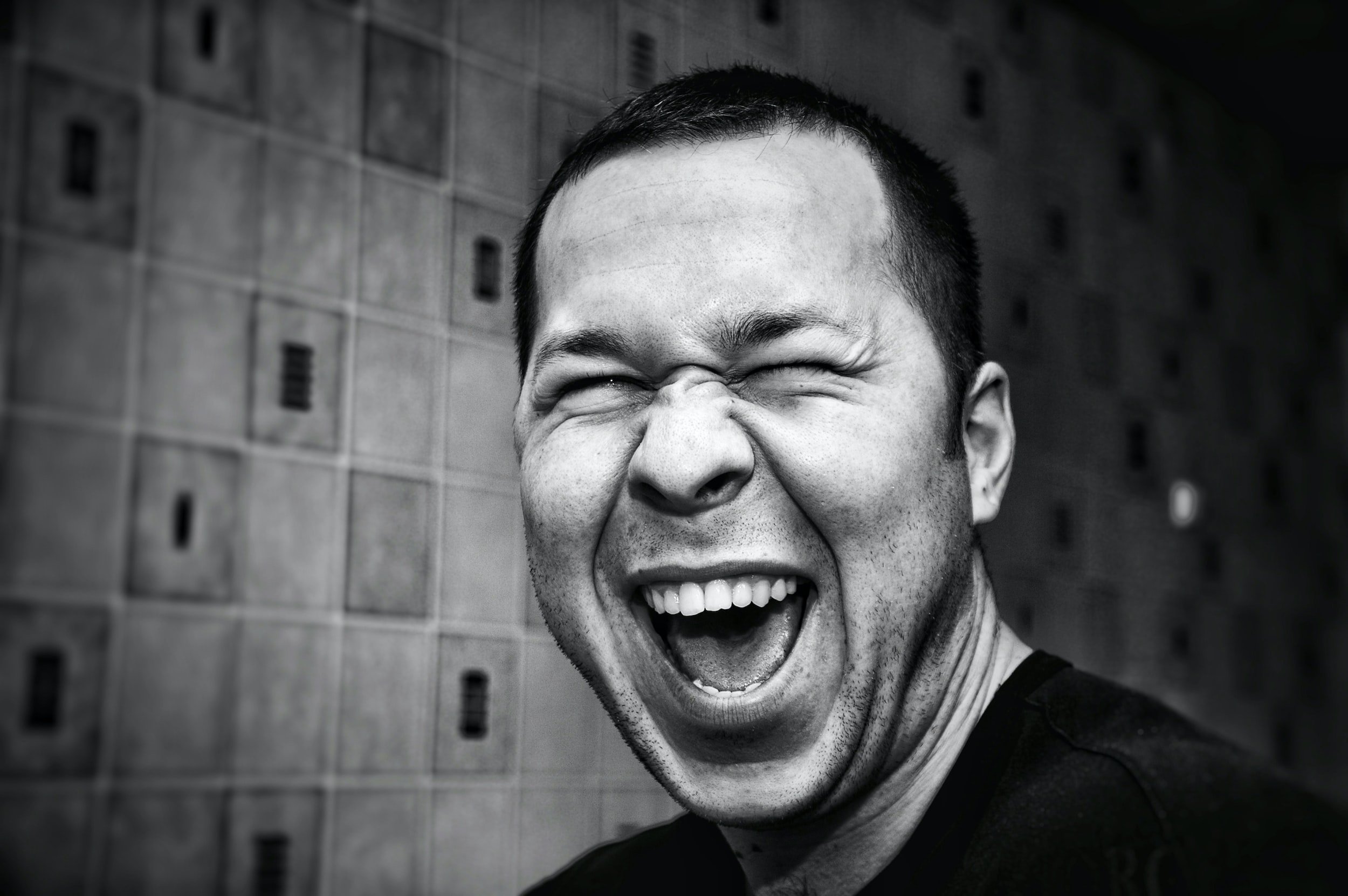Why do we call our parents "Mom" and "Dad"?
The short answer
We typically call their parents "Mom" and "Dad" due to a natural linguistic development where the simple and instinctual sounds "ma" and "pa" are among the first sounds babies articulate. As children grow up, they continue to use "Mom" and "Dad" because these terms reinforce family roles and establish a sense of familiarity and affection. This is why kids call their parents "Mom" and "Dad" instead of using their real names.
The long answer
If four-year-old Frankie wants their parents to watch them go down a slide, they will typically yell something like, "Mommm!! Daddd!! Watch!" It would be unusual for them to call out to Susan and Tim by their given names, even as Frankie enters adulthood. Why do we call our parents "Mom" and "Dad" instead of their real names?
First I'll cover why it is that kids use terms like "Mom" and "Dad" (with remarkably similar sounds across languages). Then I'll go into some possible reasons why these titles stick, even as kids grow up and are capable of using more complex words or their parents' actual names.
Where did "mom" and "dad" come from?
Linguists theorize that the words “mom” and “dad” come from a positive feedback loop from when infants start to talk. It seems to come down to a core part of natural language acquisition.
Regardless of where in the world they're born, babies naturally learn to make a few common sounds: ma, ba, and pa. During what's known as the "babbling stage," babies will start to form protowords by combining consonant and vowel sounds. This is why babies often start forming words like "mama," "papa," and "baba."
🔊 Click here to listen to an example of a six-month-old infant babbling.
Parents – who are already ingrained in the societal use of these titles (we'll cover more on this later) – excitedly repeat the words back to indicate who they are to the baby: "Yes, 'mama!' I am mama." Since words like "mom" and "dad" are usually easier for a young speaker to pronounce than their parents' real names, the titles stick.
Because of this universal feedback loop, the words for mom and dad are strikingly similar across languages without any direct etymological or historical connection. For example, the words for "mother" in Mandarin, Swahili, and Swedish are “mama,” “mama,” and “mamma,” respectively. This striking cross-cultural similarity highlights the universal origin of "Mom" and "Dad" terms. Here's a list of how to say "mother" in 98 different languages, if you're curious.
But this explanation doesn't clarify why kids continue to use "mom" and "dad" once they learn how to form more complex sounds.
Why do kids use "Mom" and "Dad" instead of their parents' real names?
There isn't a ton of research on this topic, but it likely boils down to three reasons.
Reason #1: The titles define healthy parental roles.
There's a reason you call your college professor "Professor So-and-so," and it's likely the same reason we call our parents "Mom" and "Dad": well-defined roles. Parents and children inherently have an unbalanced relationship from the start. Young children aren't responsible for taking care of their parents, and parents need to issue some level of discipline to guide their children. If we all called each other by our real names, it might blur the lines on the family roles.
Reason #2: Most everyone else uses "Mom" and "Dad."
There are a lot of invisible social rules that most of us tend to follow simply because it's expected and everyone else does it. For example, we greet people when we approach them, we stay quiet and seated at the theater, we say “achoo” when we sneeze, and we enter lines at the end rather than walk to the front (well, most of us). Because it's the norm to call your parents "Mom" and "Dad," we do it so as to not break this hidden rule.
Reason #3: It is a reminder of the special bond between parent and child.
Everyone can call you by your first name, but only a few people can call you "Mom" or "Dad." I'll share a story I came across to illustrate this point. San Francisco writer Ethel Rohan had previously accepted when her young daughters started taking to calling her Ethel.
Only when her own mother became ill with Alzheimer's did Ethel realize she wanted to be called "Mom" again. Ethel said, “There’s only two people in this world who can call me Mom." This illustrates how the use of "Mom" and "Dad" goes beyond mere words—it reinforces the unique relationship between parent and child.
Curious about how the world works?
Today You Should Know is a free, weekly email newsletter designed to help you learn something new every Friday.
Subscribe today 👇
Check out some other curious questions:
Sources
Bustamante Van Vleet, B., & Bodman, D. (2020, May 6). Why do kids call their parents ‘Mom’ and ‘Dad’? The Conversation. https://theconversation.com/why-do-kids-call-their-parents-mom-and-dad-137579
Chapman, L. (2012, November 12). Social Norms: Hidden Curriculum. TED 2381. https://blogs.baylor.edu/ted238102f12/2012/11/12/social-norms-hidden-curriculum/
Kapp, D. (2014, October 29). Children Put ‘Mom’ and ‘Dad’ on a First Name Basis. The Wall Street Journal. https://www.wsj.com/articles/children-put-mom-and-dad-on-a-first-name-basis-1414609230
Smallwood, K. (2014, November 4). Why Do We Call Parents “Mom” and “Dad”? Today I Found Out. https://www.todayifoundout.com/index.php/2014/11/curious-origins-words-mom-dad/
Stern, J. (2023, June 8). The People Who Use Their Parents’ First Name. The Atlantic. https://www.theatlantic.com/science/archive/2023/06/call-parents-first-name-mom-dad/674326/
Wallis, L. (2004, January 14). Mummy? Or is it Sue?. The Guardian. https://www.theguardian.com/lifeandstyle/2004/jan/14/familyandrelationships.features10




We Americans sure do like American things.